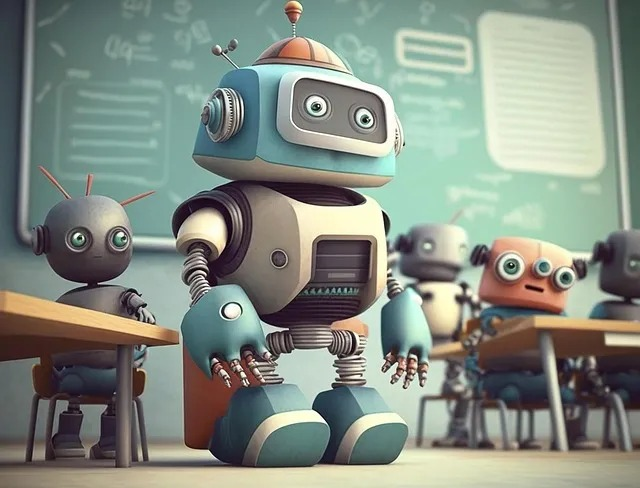- [课程通道] Gene Interference and Cat Allergen Silencing Research Project
- [课程通道]
- [科学少年] 2025-10-05
- [科学少年] 2025-10-02
- [科学少年] 2025-10-01
An Educational Experiment with 20 Students, Completed in 4 Months 爱博物

During this period, I conducted a special educational experiment.
Not in a laboratory, but in online classrooms and offline, on-site settings.
The participants were twenty 6th and 7th-grade children, including my own 12-year-old daughter.
Its name is—Leng Zhe's Weekend Science Enlightenment Class.
Initially, I started with a simple idea: not just to teach science to the children, but to genuinely get them to begin thinking like scientists.
This was my original intention when designing the course, and the educational experiment I wanted to try.
The results far exceeded my expectations.
In the course, the children heard the concept of "entropy" for the first time and tried to explain in their own words why life can create order from disorder; they cultivated petri dishes full of microorganisms at home, marveling at the world invisible to the naked eye; they built simple wastewater filtration devices, intuitively understanding experimental verification; they also used AI to help design experiments, finally discussing together which answers were reliable and which were questionable.
These moments weren't particularly complex, but I clearly saw within them: the children progressed from initially answering questions based on intuition to gradually learning to propose hypotheses, seek evidence, and express conclusions. In that instant, I seemed to see the spark of scientific thinking ignite within them.
From the first lesson to the last, I consistently emphasized one question: How to think like a scientist.

The tool I gave the children is the Six Steps of the Scientific Method:
Ask a Question → Observe Phenomena → Form a Hypothesis → Design an Experiment → Analyze Results → Draw Conclusions and Communicate.
These six steps are the underlying logic of human scientific progress over centuries. In the final lesson, I revealed to the children: These six steps are the foundation of what is known as the First Paradigm—Experimental Science.
And the development of science never stops:
From the First Paradigm (Experimental Science), to the Second Paradigm (Theoretical Science),
Then to the Third Paradigm (Data-Driven Science), the Fourth Paradigm (AI Science),
The generation of children today is facing, or has even already entered, the Fifth Paradigm.
I want them to understand: Science is not just a method; it is an ever-evolving mode of civilization. Understanding the past is essential for moving towards the future.
During this process, I also continually pondered another question:
In today's era, where AI can answer everything, what is the meaning of learning?
I have become increasingly convinced:
Learning is no longer about memorizing more answers, but about practicing the ability to think like a scientist.
Because AI can provide conclusions, but it cannot replace judgment;
It can provide data, but it cannot replace questioning;
It can predict the most likely answer, but it cannot help us undertake the pursuit of "why" or the imagination of "what if."
And children precisely need this ability: to propose hypotheses when faced with problems, to find evidence when confronted with phenomena, and to maintain the courage to explore the world.
My daughter also participated in this course. She isn't the traditional "top student," but she was exceptionally focused during hands-on experiments; at home, she would meticulously record experimental data and even correct my minor oversights. In that moment, I realized: the meaning of science education is not to make children better at taking tests, but to help them find their own confidence and path.
On September 20th, we will hold an offline event.
This is not just the conclusion of the course but also the final step of the Scientific Six-Step Method:
Reach a conclusion and communicate it.
The children will stand before the audience with their small reports, sharing their discoveries and thoughts.
Some will talk about entropy and life, some will showcase their microorganism experiments, and some will share their conversations with AI.
Here, I also sincerely invite more students and parents interested in science enlightenment,
To come to the venue, listen to the children's stories, and witness their growth together.


